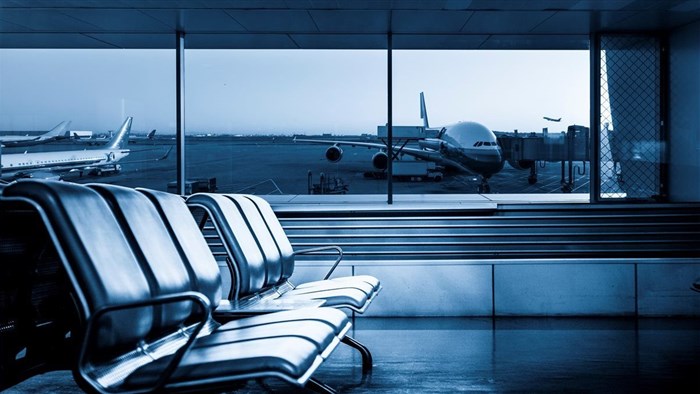
Top stories






More news


Marketing & Media
Ads are coming to AI. Does that really have to be such a bad thing?














"We are pleased that international borders are finally reopening so that the Tourism sector can get back to work, contribute to the economy and save jobs. This is what we have been lobbying for fervently for many months," says Tshifhiwa Tshivhengwa, CEO TBCSA.
"However, it is critical that Government meets with private sector as a matter of urgency to clarify the method used to draft the list of high-risk countries and the practicalities surrounding this suggested phased reopening, so that this can be examined and its feasibility determined. This is especially since there is no public health reason to ban travellers from any country, provided the testing regime and protocols are adhered to," says Tshivhengwa.
Government announced yesterday that leisure travellers from high-risk countries will not be permitted to travel to South Africa with the exception of business travellers with scarce skills, diplomats, investors, and those participating in sports and other special events. Travellers from Africa, as well as countries deemed medium and low-risk countries will be allowed to enter South Africa for both business and leisure. The list will also be re-assessed every two weeks.
While the reopening date is a step in the right direction, the nature of tourism is such that a phased reopening introduces complexities and uncertainties that reduce demand and disrupt the booking cycle. Further, changing the list of high-risk countries every two weeks is wholly impractical.
"Inbound international travellers need time to plan their travel. Changing the list of unbanned countries every two weeks introduces a layer of complexity and uncertainty that will lead to erratic booking cycles and confusion amongst travellers.
"It will also deter foreign governments from giving the green light for their citizens to travel to South Africa as they seek certainty about our entry requirements, as well as deter airlines from operating on the route. There are just too many nuances in Tourism for a phased international reopening to be practical, especially if the goalposts change continuously," says Tshivhengwa.
It is essential that government consults with the tourism private sector to ensure that the reopening is done in a responsible and practical manner, he adds.
However, after six months of lockdown, this is a step in the right direction. Industry stakeholders must now use this opportunity to implement the strict World Travel and Tourism Council (WTTC) - endorsed health and hygiene protocols that have been developed by the TBCSA to ensure that travellers can travel with peace of mind when visiting South Africa.
The TBCSA encourages business operators to continue to make use of the Travel Safe – Eat Safe App, which provides a full understanding of the safe industry operating protocols and records compliance of tourism and hospitality industry business owners.
Further, the TBCSA remains committed to the recovery of the tourism and hospitality industries and will continue to engage industry stakeholders and the government in its efforts to collaborate and recover South Africa’s economy.